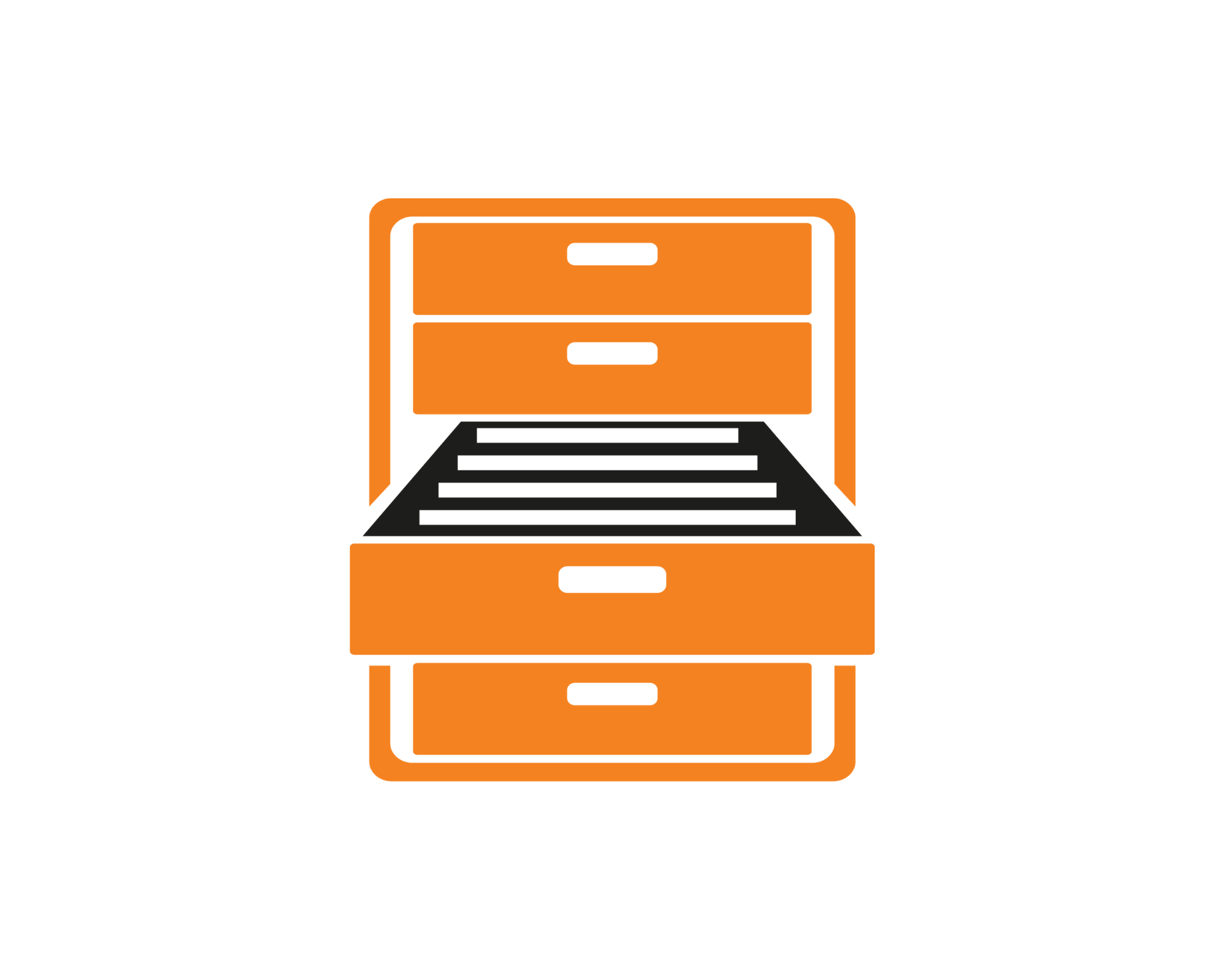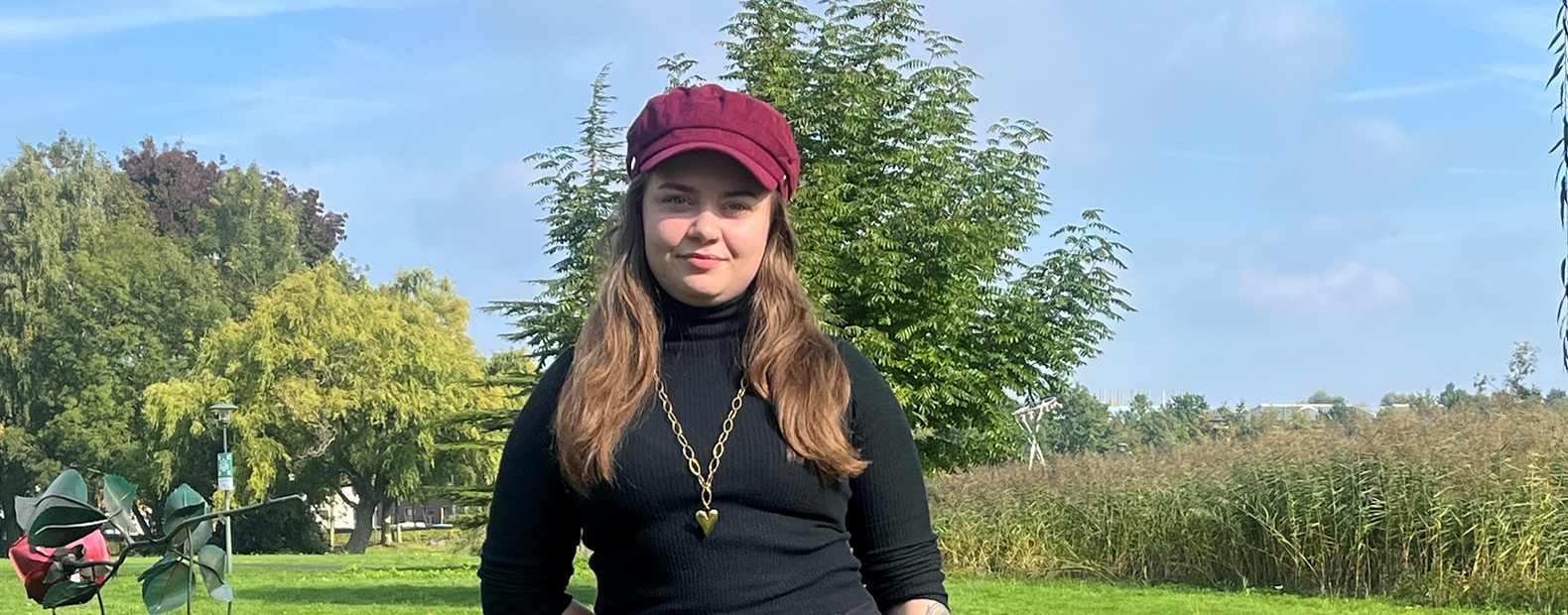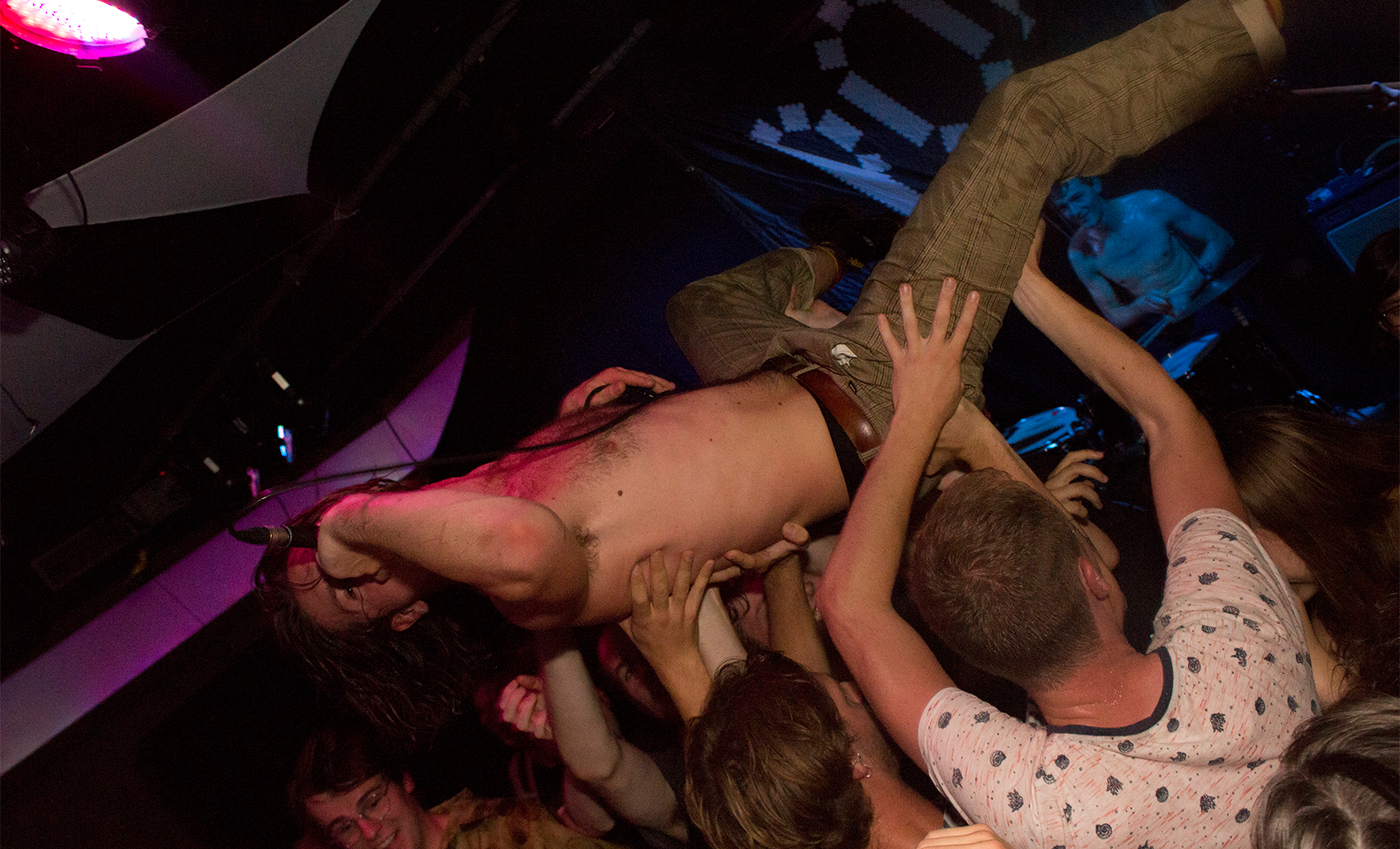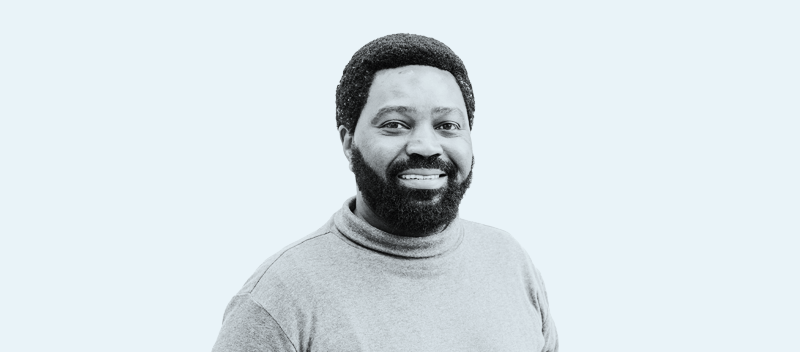Research and education are becoming increasingly open: findable, transparent and reusable. This makes knowledge accessible for everyone. Sounds nice, but how do you do it (well)? Five tips from Hubert Krekels (WUR Library) and Anna Besse-Lototskaya, programme leader of WUR Open Science & Education.
Text: Marieke Enter & Coretta Jongeling
1. Publish in reliable open access journals
In response to more and more open-access publications, new journals have emerged. These include ‘predatory journals’, which present themselves as reputable but are not. How do you know who you can trust? Hubert Krekels of WUR Library: ‘First check the Journal Browser, a database where you can find out what the reputation of a journal is and which agreements WUR has with it. You can also see which WUR-colleagues have already published there. If in doubt, you can always ask them how they experienced the communication with the journal. Was the review process rather too easy-going? Open access publishing is like online shopping: if it seems too good to be true, it usually is.’
2. Make a data management plan and stick to it
Also known as the ‘six o’clock on Friday evening problem’, according to Krekels. ‘You slave away at your research all week, with the weekend in sight you quickly save your data, and on Monday you can’t remember how you did that.’ If you start a PhD, it is now compulsory to make a data management plan. In it, you specify how you store your data, how it is collected, what metadata you need to include and what happens to it after your research. Difficult? PhD students and postdocs can take a training course via the WUR Library Service Desk.
3. Beware of pickpockets
Nothing is safe, and certainly not online. Krekels: ‘It is easy to steal an article, or an entire dissertation, in the digital world. Prevention is difficult, but with plagiarism checkers you can trace the theft afterwards. Make clear what the copyright is on your online publications and data. That way everyone knows how they are allowed to use your articles and data. The Creative Commons (CC BY) licence means that credit must be given to the creator. You also have options for limiting changes to the content, follow-up licences and/or commercial use.’
4. Look further
There is more to Open Science than just open access. Anna Besse-Lototskaya, the WUR Open Science & Education programme leader: ‘It also means entering into dialogue with the public and with stakeholders – it is outreach.’ In other words: talk about your research in the media, set up a citizen science project in which the public helps with research, organize a dialogue in Omnia, or make lectures available online (for example via Library4Learning, WUR’s platform for teachers to find and share educational materials). The disadvantage: that kind of work is not yet fully included in the assessment system for scientists. ‘Suppose you create a MOOC. Great for your reach as a scientist, but it takes an awful lot of time, and our Recognition and Rewards system doesn’t reward people for that yet. We are working on this, but it is a lengthy process. And it has to be harmonized internationally.’
5. Ask for help
Is your head spinning by now? No problem. Besse-Lototskaya: ‘Nowadays almost every research group has a data steward. This is a researcher or research assistant who has had a little bit more training in data management and knows what is going on in your field. You can always go to them with questions.’ WUR Library also has a wealth of information about Open Science, and options for calling a helpline. For questions about outreach, go to the WUR Dialogue Navigator Tool on wur.nl.
An open platform
Friday 13 May will see the official launch of the Wageningen Open Science Community, a platform run for and by WUR researchers that aims to offer both inspiration and practical pointers. ‘There are many ways of making your research more open,’ explains one of the founders, PhD student Annika Tensi. ‘But where do you start? What is a good approach? And how do you stay away from the dark side: the risk of your data or research being hijacked by a party with bad intentions? WUR does provide support – the Open Science & Education Programme does a great job – but it is also nice to be able to spar and exchange experiences with fellow researchers. Almost all Dutch universities already have an Open Science Community; we are happy to join them.’ During the launch event, the Community will also present an Open Science Lighthouse Award to a Wageningen scientist whose approach to open science is a shining example. Resource will report on this online.

 Image Shutterstock
Image Shutterstock 

